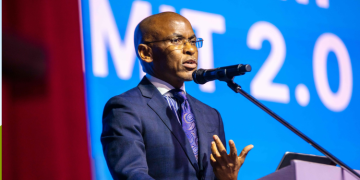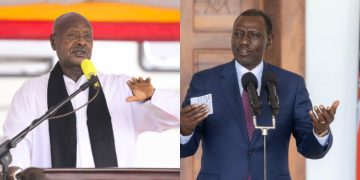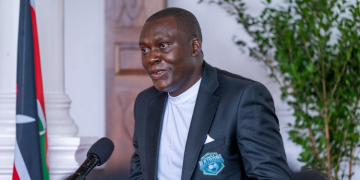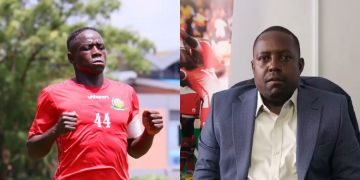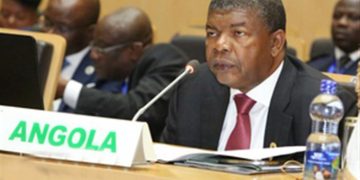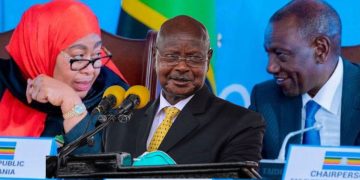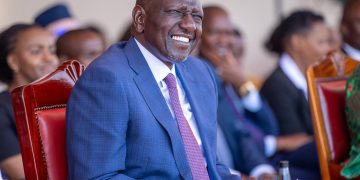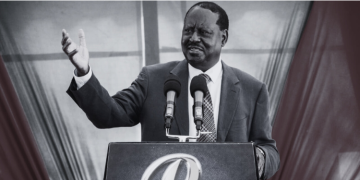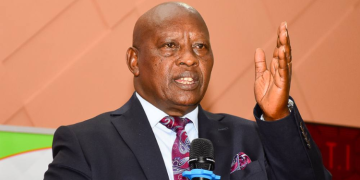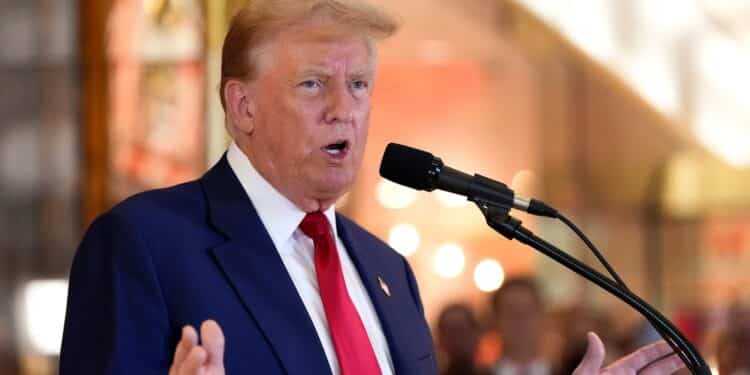U.S. President Donald Trump has dramatically reduced his proposed 50-day window for Russia to agree to a ceasefire in Ukraine, citing a lack of progress.
Great Disappointment for Trump
Originally set on July 14, the deadline was to expire on September 2. However, Trump now says he will reduce that window to “a lesser number,” citing his growing frustration with continued Russian missile attacks on Ukrainian cities, including a deadly strike on a nursing home in Kyiv.
The meeting with U.K. Prime Minister Keir Starmer and the public announcement via Fox News is an attempt to leverage international support and media pressure to enforce the deadline.
Also Read: Donald Trump’s Govt Says Maduro Is Not the President of Venezuela
“I think I already know the answer what’s going to happen, I am no longer interested in talking to Putin,” Trump said, explaining the tighter timeline.
If Russia does not meet the new deadline of August 7-9, 2025, it would constitute a significant failure for Trump’s strategy.
Trump initially issued a 50‑day ultimatum, warning that Russia would face very severe secondary tariffs, including potential 100% tariffs on countries doing business with Russia, if no ceasefire deal was reached.
Trump initially issued a 50‑day ultimatum, warning that Russia would face “very severe” secondary tariffs—including potential 100% tariffs on countries doing business with Russia—if no ceasefire deal was reached.
Russia’s stance
Despite former U.S. President Donald Trump’s dramatic reduction of his Ukraine ceasefire deadline from 50 days to 10–12, Russia has firmly rejected the ultimatum, maintaining its hardline position on the war.
Kremlin spokesperson Dmitry Peskov dismissed Trump’s new deadline, stating, “Ultimatums like these are unacceptable. Russia will not be dictated to by any external power.”
Peskov added that Russia would only consider a ceasefire under its own terms—primarily:
- Ukraine’s recognition of Russian sovereignty over annexed territories (including Donetsk, Luhansk, Zaporizhzhia, and Crimea).
- A halt to NATO expansion and Western military support to Kyiv.
Deputy Foreign Minister Sergei Ryabkov reiterated Russia’s position that a ceasefire must include written guarantees of neutrality from Ukraine, complete withdrawal of NATO-supplied weapons and end to all sanctions before formal peace discussions.
“The conflict cannot be resolved through threats or artificial deadlines,” Ryabkov said, referencing Trump’s statements as “noise.”
Putin’s advisors believe Trump’s ultimatum is politically motivated and lacks enforcement credibility, especially as he is not in office.
Also Read: North Korea Set to Deploy 30,000 Soldiers to Russia by August
Russia believes it has momentum on the battlefield and sees no strategic reason to pause.
What Happens Next
The Kremlin has already dismissed Trump’s earlier 50-day warning and is expected to ignore the 10–12 day version too.
Russia will not concede under pressure, unless it sees a clear advantage, like relief from sanctions, Western withdrawal.
If Russia fails to comply by the deadline, Trump will be under pressure to act, imposing secondary sanctions on countries doing business with Russia, like China, India, UAE.
Trump is also expected to raise tariffs on strategic Russian-linked imports like oil, metals, and fertilizer.
Follow our WhatsApp Channel and X Account for real-time news updates.

